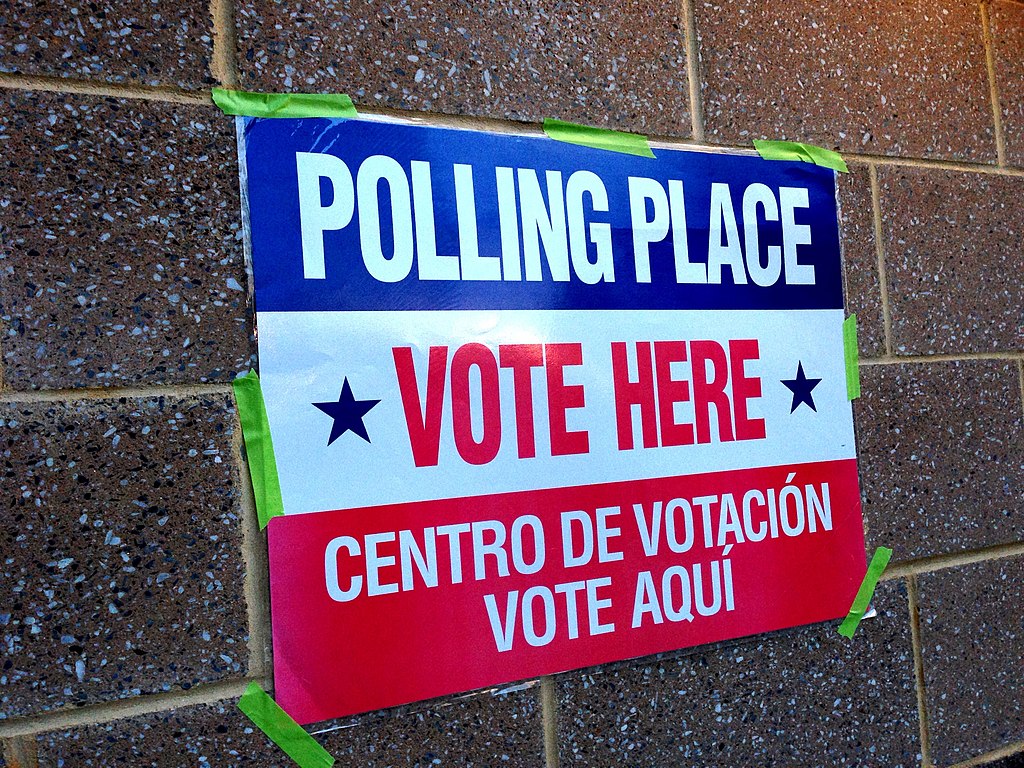Louisiana Gov. Jeff Landry (R) signed two pieces of legislation on Oct. 30 to move back the state’s 2026 spring election dates, a move the bills' supporters have said is necessary to give lawmakers more time to potentially redraw the state’s congressional maps if the U.S. Supreme Court rules in the state’s favor in Louisiana v. Callais.
Previously, the spring municipal and party primaries were scheduled for April 18, 2026, with the municipal general election and party primary runoff scheduled for May 30, 2026. Under Senate Bill 1, the primaries will now occur on May 16, 2026, with the municipal general election and party primary runoff scheduled for June 27, 2026.
The qualifying period, when candidates may file to run for office, will now run from Feb. 11-13, 2026. It was previously scheduled to run from Jan. 14-16, 2026.
The U.S. Supreme Court heard oral arguments in Callais earlier this month. The state has argued that Louisiana’s congressional maps, enacted in 2024 in response to previous litigation, improperly used race to draw Louisiana's 6th Congressional District. Louisiana Attorney General Liz Murrill also argued that Section 2 of the Voting Rights Act of 1965 is unconstitutional.
Section 2 of the Voting Rights Act prohibits voting practices or procedures that discriminate based on race. States such as Louisiana have historically created majority-minority districts to comply with Section 2. A majority-minority district is a district in which minority groups comprise a majority of the district's total population.
Greg LaRose of the Louisiana Illuminator wrote that in “the GOP’s preferred scenario, justices would issue a decision in the case by Dec. 20 that would clear the way for legislators to redraw the maps in an early January special session. The ruling might allow Republican lawmakers to remove one or both majority Black districts that Black Democrats currently hold out of the state’s six U.S. House seats.”
The Louisiana State Senate passed SB 1 on a 27-9 vote on Oct. 25, with all Republicans voting in favor and all Democrats voting against, with two members absent. The Louisiana State House of Representatives passed the bill on a 73-29 vote on Oct. 29, with all Republicans and two Democrats voting in favor and the remaining Democrats opposed, with three members absent.
Landry also signed separate legislation, Senate Bill 2, that moves five statewide ballot measure elections to May 16.
“It's not unreasonable to think the Supreme Court might issue an opinion before the typical June,” said State Rep. Beau Beaullieu (R). “We do not know when they will respond nor the decision they will render, but we do know we have a little bit more time left on the calendar.”
Opponents of the bill have argued that efforts to potentially redraw the state’s maps are unconstitutional and inspired by three other states that have redrawn their congressional maps ahead of the 2026 midterm elections.
"It's totally unfair and I believe unconstitutional to put this plan in place with these bills that promote a clear partisan advantage," State Sen. Sam Jenkins (D) told The Shreveport Times.
Next year will be the first in which Louisiana uses a new primary system after Landry signed HB 17 in 2024. Under the new system, parties will hold semi-closed primaries and primary runoffs for Congress, the state supreme court, the state Board of Elementary and Secondary Education, and the public service commission. Previously, these offices were elected using the state's majority-vote system. Other state offices will continue to use the majority-vote system in 2026, in which candidates appear on the same ballot in November regardless of their partisan affiliations. If no candidate wins a simple majority of all votes cast for the office, the top two finishers, regardless of their partisan affiliations, advance to a second election in December.



